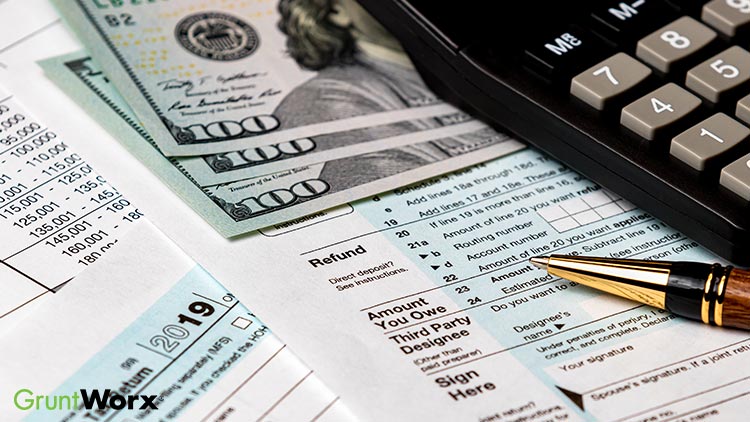
Taxpayers are given an additional 90 days to file a return and pay tax owed.
Toilet paper shortages, school closures, and empty bread aisles are making us all worry about what the future holds for jobs, child care, and at-risk loved ones. In light of the uncertainty due to the spread of COVID-19, the Treasury Secretary doesn’t want taxpayers worrying about filing a return or paying their tax bill by April 15. This week, he announced that both deadlines will now fall on July 15.
The first announcement came during the coronavirus task force press conference held on Tuesday, March 17. During the briefing, Treasury Secretary Steven Mnuchin outlined measures that were being taken to blunt potential financial hardships resulting from the coronavirus. Specific to filing season, he announced that taxpayers below a certain threshold would have an extra 90 days to pay tax owed. The tax relief will apply to individuals who owe up to $1 million and corporations who owe up to $10 million.
Friday, March 20 saw another Tax Day-related announcement from the Secretary of the Treasury, this time on Twitter. “At @realDonaldTrump’s direction, we are moving Tax Day from April 15 to July 15. All taxpayers and businesses will have this additional time to file and make payments without interest or penalties.” Prior to this announcement, it looked like taxpayers would have been required to file a return or extension by April 15, but have until mid-July to pay any tax owed.
The IRS also issued a press release detailing the paid-leave and business tax credits being implemented to address the growing coronavirus crisis. Here is the verbatim list of five programs included in IR-2020-57:
Paid Sick Leave for Workers
For COVID-19 related reasons, employees receive up to 80 hours of paid sick leave and expanded paid child care leave when employees’ children’s schools are closed or child care providers are unavailable.
- Complete Coverage
Employers receive 100% reimbursement for paid leave pursuant to the Act.
- Health insurance costs are also included in the credit.
- Employers face no payroll tax liability.
- Self-employed individuals receive an equivalent credit.
Reimbursement will be quick and easy to obtain.
- An immediate dollar-for-dollar tax offset against payroll taxes will be provided
- Where a refund is owed, the IRS will send the refund as quickly as possible.
Employers with fewer than 50 employees are eligible for an exemption from the requirements to provide leave to care for a child whose school is closed, or child care is unavailable in cases where the viability of the business is threatened.
Requirements subject to 30-day non-enforcement period for good faith compliance efforts.
To take immediate advantage of the paid leave credits, businesses can retain and access funds that they would otherwise pay to the IRS in payroll taxes. If those amounts are not sufficient to cover the cost of paid leave, employers can seek an expedited advance from the IRS by submitting a streamlined claim form that will be released next week.
More information about COVID-19-related tax relief can be found on the Internal Revenue Service’s “Coronavirus Tax Relief” page on IRS.gov. It aggregates recent press releases, notices, and guides, including information about the closure of IRS Taxpayer Assistance Centers, high-deductible health plans being allowed to cover COVID-19, and more.
Sources: Coronavirus Briefing; Payment Deadline Extended to July 15, 2020; IR-2020-57







